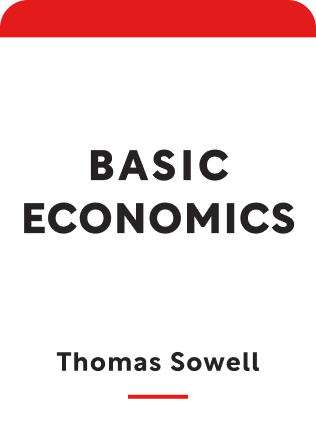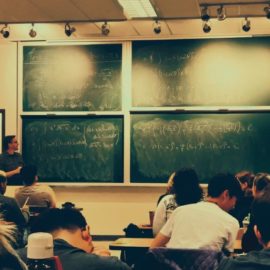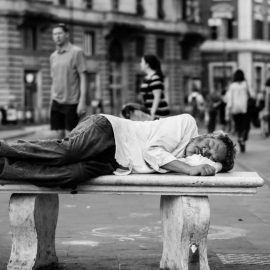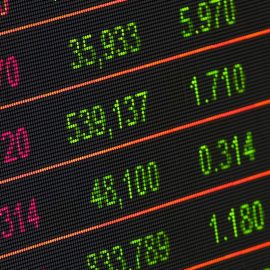

This article is an excerpt from the Shortform book guide to "Basic Economics" by Thomas Sowell. Shortform has the world's best summaries and analyses of books you should be reading.
Like this article? Sign up for a free trial here .
What purpose do banks serve? How do banks contribute to the greater good of economic agents (firms and consumers)?
Banks serve a number of important roles in an economy. First, banks guard money and provide businesses with credits for large investments which allow businesses to operate on a large scale, driving down costs and standards of living. Of course, banks also lend to individual consumers to finance their purchases, which fuels the demand for goods and services.
In this article, we’ll discuss the role of banks in the economy and how they are regulated.
Banks Serve a Number of Important Roles
What is the role of banks in the economy? First, banks guard money, for which they have economies of scale compared to individual businesses.
More importantly, banks supply businesses with money and lines of credit to businesses to bridge them over unpredictable drops in income and allow them to undertake large investments. Here banks also have economies of scale and risk pooling, reducing lending costs below those of their customers. In turn, businesses that borrow can operate on a larger scale, reducing costs and improving societal standards of living.
These loans arise from money deposits, which enable the distribution of resources through the economy with banks as an intermediary.
A bank makes efficient use of its deposits for two reasons. First, not all depositors are going to want all their money at the same time, so they need only hold a fraction of the reserves. Secondly, banks settle transactions between each other not by transferring the literal amounts, but rather settling the difference in total balance.
Because of this efficiency, banks practice fractional reserve banking, wherein they hold only a fraction of the reserves needed to cover deposits (in the US, the reserve requirement is about 10%). They then issue loans and earn interest. These credits are re-deposited in other banks, allowing further rounds of expansion to occur.
The bank’s leverage and creation of credits means that a bank’s collapse would cause credits to disappear, reducing monetary demand.
The Federal Reserve is a central bank run by the government. It determines the reserve requirement, lends money to the banks at interest rates it specifies, thus indirectly controlling the interest rate the general public receives.
Finally, banks also finance consumer purchases by extending consumers credit and paying for purchases.
In countries with lower trust in banks, like in India, much money is held in gold, which means a large portion of wealth does not finance investment to create additional output. Further, in countries with primarily state-run banks, money is often lent at a low-interest rate to subsidize government projects, rather than finding the best use of the money with the highest returns.
Bank Regulation
The government tries to reduce banking risks, but may create policies with unintended consequences.
- State deposit insurance laws forbade banks from having branch offices. While intended to protect local banks from larger banks headquartered elsewhere, it concentrated risk by forcing a bank’s depositors and borrowers in the same place, thus subjecting them to the same risk.
- Deposit insurance creates a moral hazard wherein banks may adopt riskier investments, since its losses are effectively covered by an outside entity.
- The Community Reinvestment Act of 1977 sought to lower the barrier for home ownership for low income individuals, which pushed banks to lower mortgage loan approval standards to meet government quotas. This contributed to the mortgage loan crisis in 2008.

———End of Preview———
Like what you just read? Read the rest of the world's best book summary and analysis of Thomas Sowell's "Basic Economics" at Shortform .
Here's what you'll find in our full Basic Economics summary :
- Why we use money, rather than bartering our services with each other
- Why some nations prosper, while others stay poor despite vast natural resources
- How rent control might actually reduce housing supply and quality






